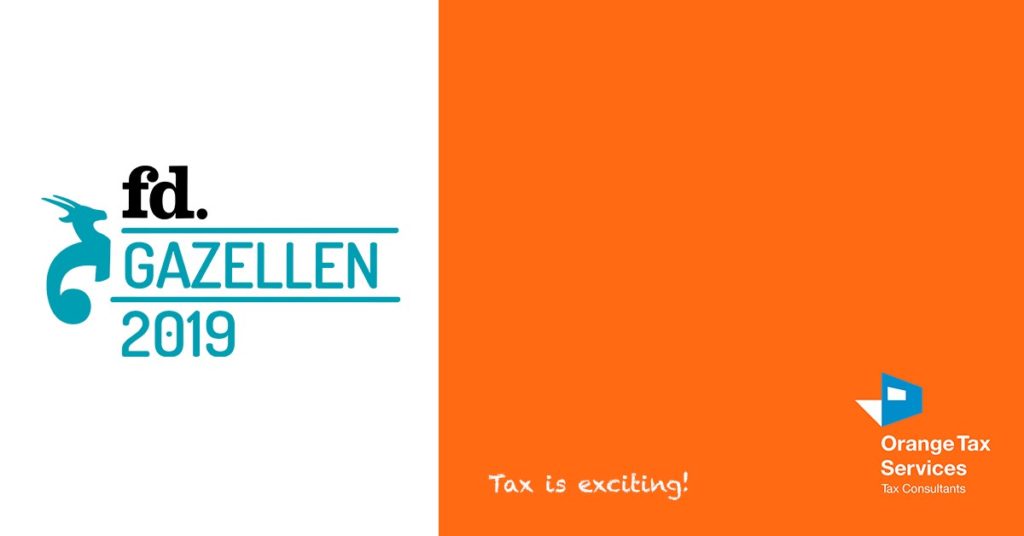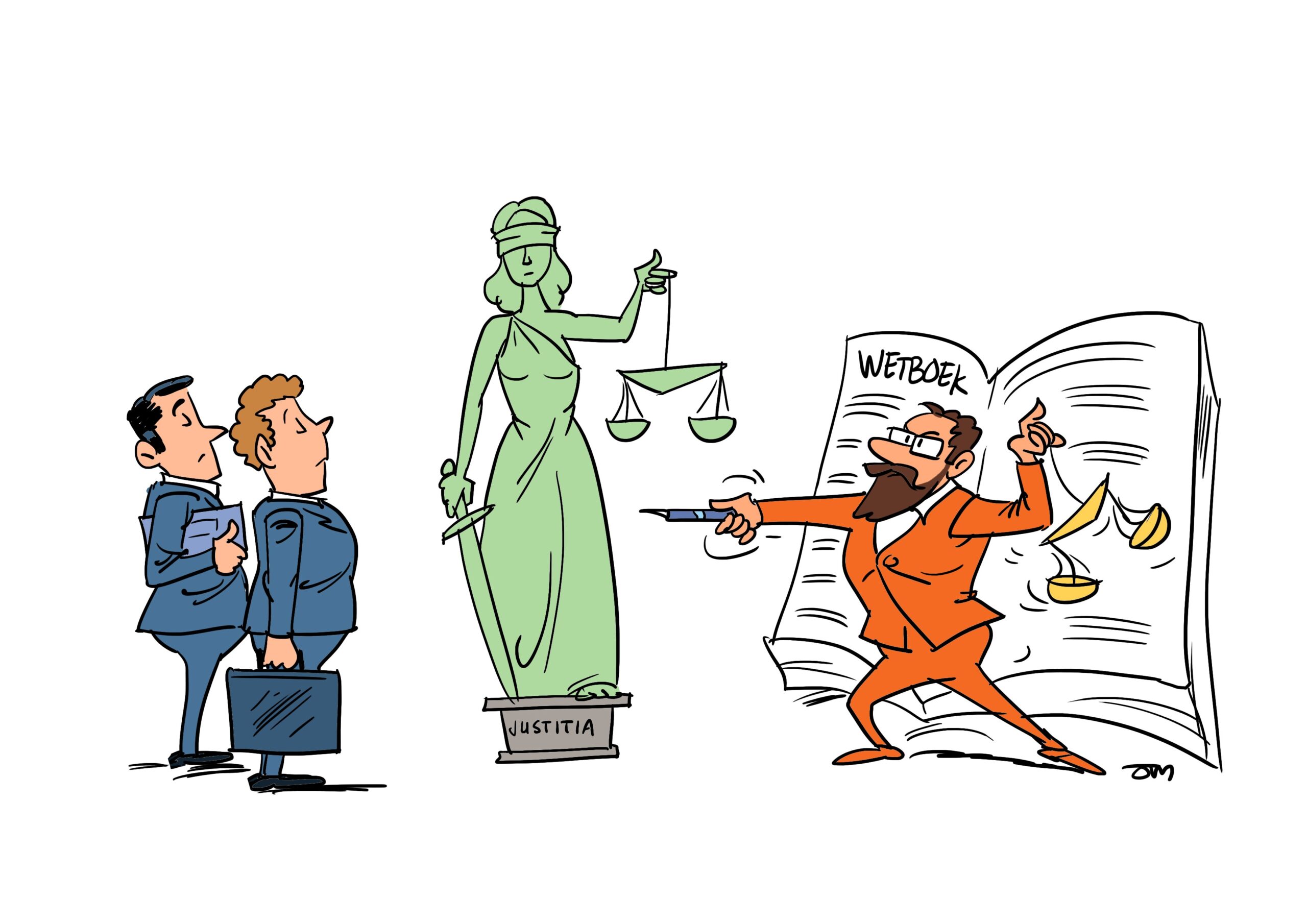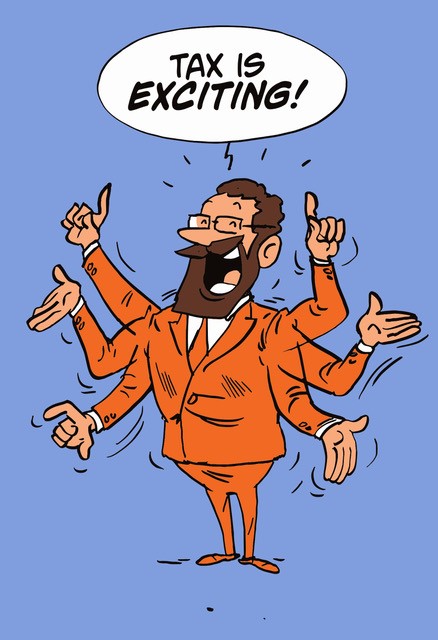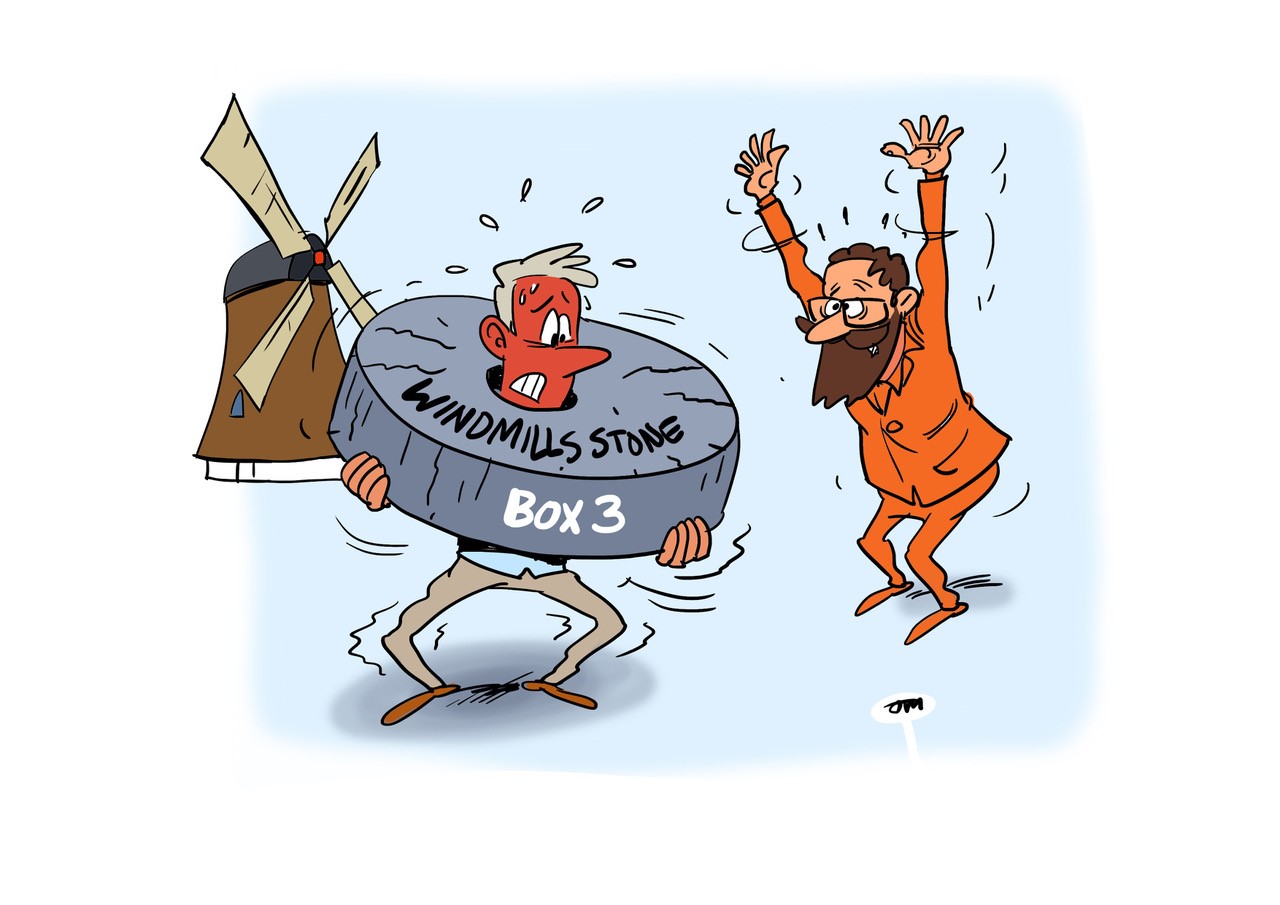The ever returning question is, shall we make more costs to pay less tax. What is tax wise?
Shall we make more costs to pay less tax
The moment your company is making a foreseeable profit for the current tax year, you can also assume that the income tax return following this financial year will be in line with the profit made.
The question asked to us is then, shall we make more costs so we pay less tax? The answer is from a tax advisor point of view simple, but not everybody agrees.
Example
Let us assume we live in a country with one tax rate, the rate is 52%. You make a profit of EUR 100.000, then you will pay EUR 52.000 tax and you have net in your hand EUR 48.000.
You feel very uncomfortable to pay the EUR 52.000 tax, so you ask if you shall we make more costs to pay less tax. Let us assume you spend EUR 20.000 on costs. Then your profit is EUR 80.000. The 52% tax due over EUR 80.000 is EUR 41.600.

Yes, you have saved yourself EUR 10.400 tax. But what was the price for this tax savings? Indeed, you paid EUR 20.000 voluntarily to save EUR 10.400 income tax. That sounds stupid, do you not think so.
The more refined answer on the question ‘Shall we make more costs to pay less tax’ is, that depends.
It depends on how you spend the costs. If you spend the costs on aspects the company needs, costs you would have made the following year anyway, then yes, maybe it can save you tax this year to make these costs now already. Please keep in mind, costs you make now, you most likely do not make next year, so next year you can have the same question.
More importantly, what do you think are costs? We, tax advisors, think that costs are amounts up to EUR 450 ex VAT. From EUR 450 ex VAT we refer to these amounts as investments. Investments are also costs, but spread out over a 5 year period. Hence EUR 20.000 spend now, that is in fact an investment, you can only pro rata for this year for the 20% depreciation part allocate to costs.
Example
You invest November 1 EUR 20.000 in the company costs, but as every item of the costs exceed EUR 450 ex VAT, you need to depreciate the EUR 20.000 over a 5 year period. This year, you can depreciate 20% of EUR 20.000 is EUR 4.000, but only for the period November and December, which is 2/12 being EUR 666.
That is from a tax saving perspective the worst case scenario. You invest EUR 20.000 to avoid paying the EUR 52.000 tax, then it turns out that only EUR 666 can be deducted in this year, so you are still due EUR 51.653 income tax, but you only have EUR 100.000 minus EUR 51.653 minus EUR 20.000 is EUR 28.347 in your hand.
Orange Tax Services – Tax is exciting!
Shall we make more costs to pay less tax is basically a question you should never ask yourself. Either you can pay for the costs you need to make or you cannot. But connecting the costs to paying less tax is not a combination a successful entrepreneur makes. That said, paying more costs can lead to less tax, but it certainly leads to less money to spend for private use.
We think tax is exciting and paying substantial amount of income tax implies you are doing well. Doing well is exciting too!




